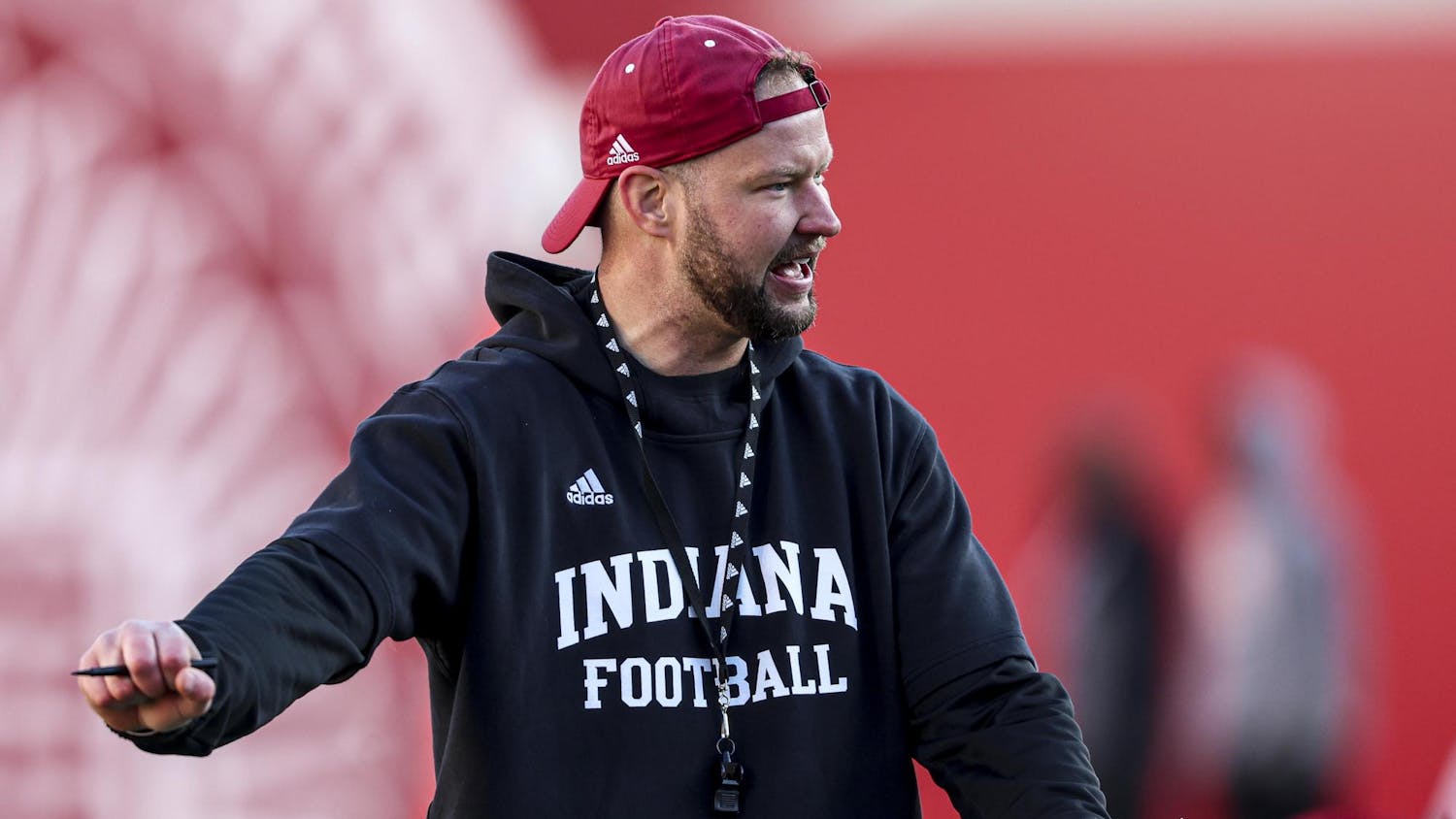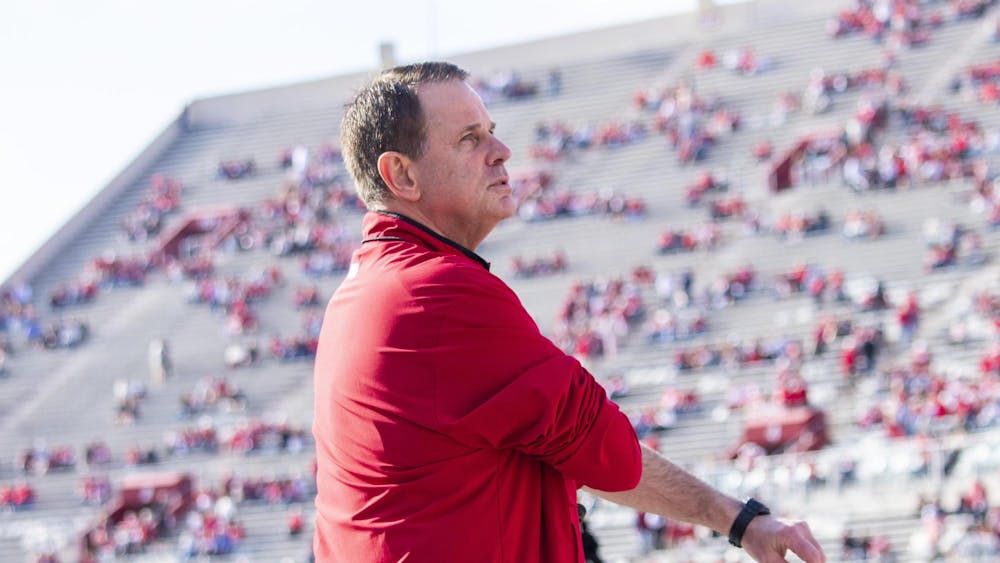That patient had previously spent 45 minutes on the phone, as she was transferred from line to line while she battled a language barrier. By the time she hung up, she had unknowingly scheduled herself for critical tests on a day which she couldn’t attend.
As a registered nurse for Volunteers in Medicine, Alvarez deals with situations like this every day: people struggling with foreign languages, a complicated health system and their own extensive medical needs. Her patients have lived in the United States for longer than a decade but never once been to a doctor, have had children without receiving any pre-natal care, don’t know how to read nutrition labels, and don’t understand the importance of a balanced diet and exercise.
VIM is the only free medical clinic in Monroe and Owen counties. For seven and a half years, their mission has been to service the medically uninsured. Typically, their patient base consisted of those who couldn’t afford health care. The standard for eligibility at VIM is a household income of less than 200 percent of the federal poverty level. However, after the introduction of the Healthy Indiana Plan in February, many of their low-income patients became eligible for insurance.
VIM serves a variety of people who still slip through the cracks. Hispanics, however, face a particular set of difficulties that bar them from accessing the health system: language barriers, low income and, occasionally, legal status.
“These are primarily people who are undocumented or citizens that cannot get insurance,” VIM executive director Nancy Richman said. “They wouldn’t be getting medical care anywhere outside of the emergency room.”
In 2014, seven percent of VIM’s patients were Hispanic — proportionately high, considering Hispanics comprised slightly more than two percent of Monroe county’s population that year, according to the Indiana Business Research Center.
Although VIM does not ask their patients about their legal status, they said they surmise a significant number of their Latino patients are undocumented since they are unable to access insurance.
VIM offers a range of medical services, including primary and walk-in care, mental health counseling — in English and Spanish — dental, podiatric, physical therapy and educational courses.
In the past, Alvarez said much of her patients’ care and services focused on short term concerns. Recently, Alvarez said she has had success promoting a long-term approach to health and wellness.
“I am trying to teach them that health is more prevention than anything else,” Alvarez said. “I try to get them involved in their own care, to see what is possible for them.”
Alvarez said her patients often don’t have much room in their lives to devote time to health. They have to carve out time and change their schedules to visit VIM for health classes, routine check-ups and follow-up appointments.
Alvarez helps teach her patients to adjust their lifestyles. She said they often have minimal knowledge about the importance of diet and exercise, especially in relation to things like diabetes, which is common in her Latino patients.
“When they come in, they don’t know about carbs. They don’t know they can’t eat 14 or 16 tortillas a day if they are diabetic,” Alvarez said. “I teach them about portioning, about balancing their diets with fruits and vegetables.”
Participation in education courses and events has shown Alvarez that her patients are grasping the importance of their health and how it affects their lives.
“They want to learn, they want to help themselves,” Alvarez said.
VIM does extensive work in the community to bring in new patients and make the clinic more accommodating for the Latino population. Every shift has at least one bilingual employee working, and there is a bilingual medical interpreter available. VIM also brings someone in from IU to teach the staff conversational Spanish.
Osiel de Santiago is VIM’s community outreach worker. De Santiago’s job is to visit hotels, kitchens and salons — places that often employ undocumented workers — and inform them about VIM.
His audiences are sometimes wary of him, even fearing he is an immigration officer seeking to deport them. Usually, though, they respond to de Santiago’s personal connection. His work in the community has greatly increased the number of young Latino men to come through the doors at VIM.
VIM also does outreach at churches, festivals and community events that are popular with Latinos in the area. VIM just received an Outstanding Community Organization award from the city of Bloomington for their work with the Latino population.
Alvarez said VIM’s role as a community resource is anchored in their knowledge of its patient base and compassion.
“We make VIM a place they can come, not just when they are sick, but when they want to talk and learn, where they can have a voice and improve their lives,” Alvarez said.





